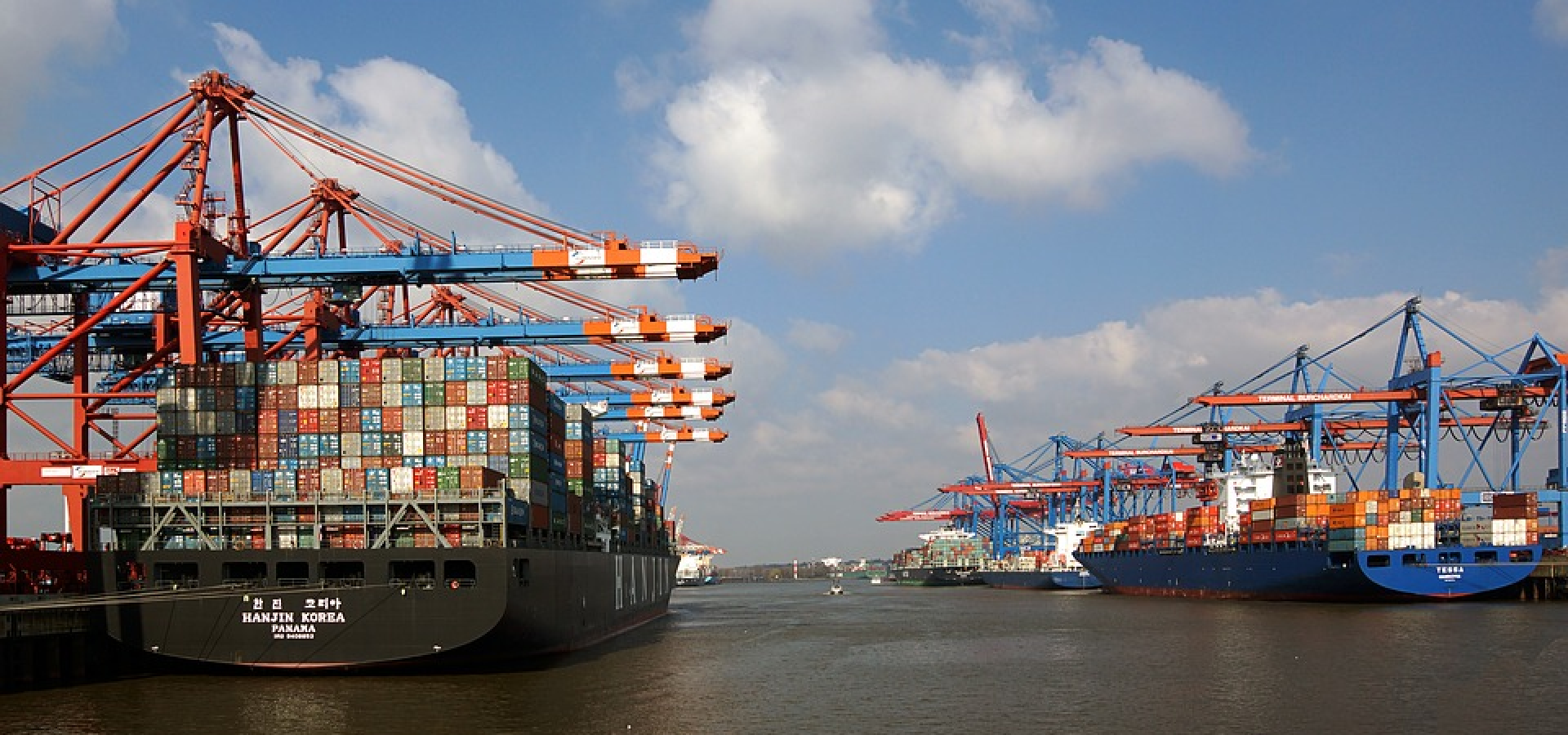The worst of China’s regulatory crackdown is gone, according to experts, as Beijing changes its attention to boosting development. This does not imply that regulation, which has swept the internet technology, real estate, and other industries in the previous year, will come to a halt, but it does indicate that there will be fewer dramatic changes ahead.
Despite rising by 8.1 per cent for the year, China’s economy fell to 4% year-on-year growth in the fourth quarter. On top of the coronavirus epidemic, sluggish consumer spending pulled down GDP, while a series of regulatory initiatives contributed to firms’ concern.
Beijing Challenging year
In 2021, Beijing slammed suspected monopolistic conduct by internet behemoths like Alibaba, as well as real estate property developers’ heavy debt dependency and regional failures to curb carbon emissions. The business was affected by unexpected developments, such as plant power outages and widespread job losses at after-school tutoring services.
Official pronouncements in recent months, however, have pointed to a softening in Beijing’s position, according to observers. Steel producers will have an additional five years to cut emissions. Then, on Monday, China’s top economic planning agency and two ministries announced that the steel industry’s goal year for reaching peak carbon emissions will be pushed back five years to 2030.
Steelmakers will benefit from the extra five years since they will be able to spread out their decarbonization investments and avoid big capital expenditures in the immediate term, according to Moody’s analysts. They believe the adjustment will have no impact on the country’s objective of attaining peak carbon emissions by 2030. “The government would maintain rigorous controls on steel capacity and output while pushing ecologically friendly projects,” experts said.
The Chinese government’s assault on suspected monopolistic behaviour has targeted internet technology businesses like Alibaba, which are publicly traded in the United States. Since Chinese ride-hailing startup Didi was listed in New York in late June, these and other legislative developments have caused overseas investors to hold off on investing in the country.
Because of China’s government structure, local governments frequently compete for Beijing’s attention by enacting sometimes severe implementation tactics. The official wording from central government orders thus frequently advises against “blindly” closing a business line.
Interested in Forex Trading? Read WiBestBroker’s comprehensive review on RSQtrade.









COMMENTS